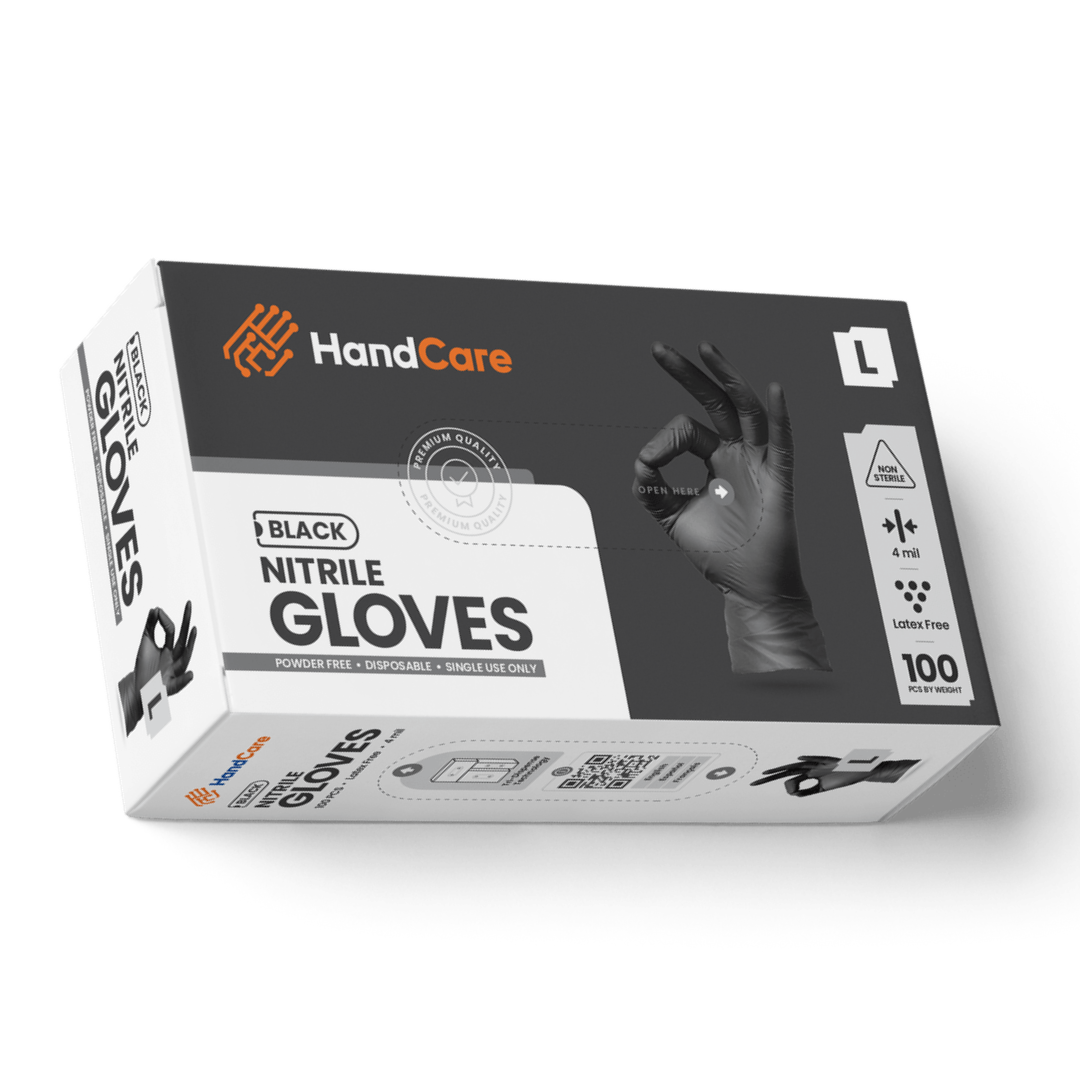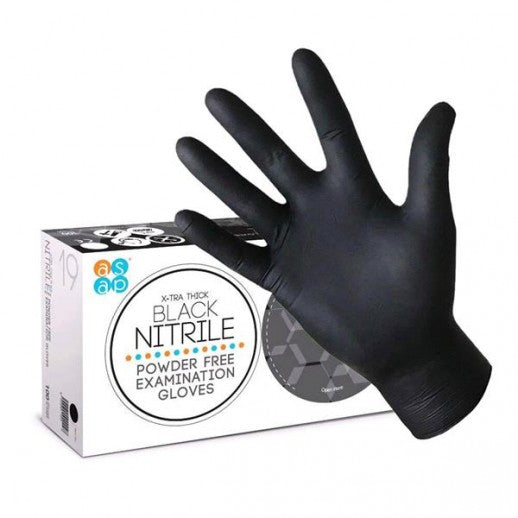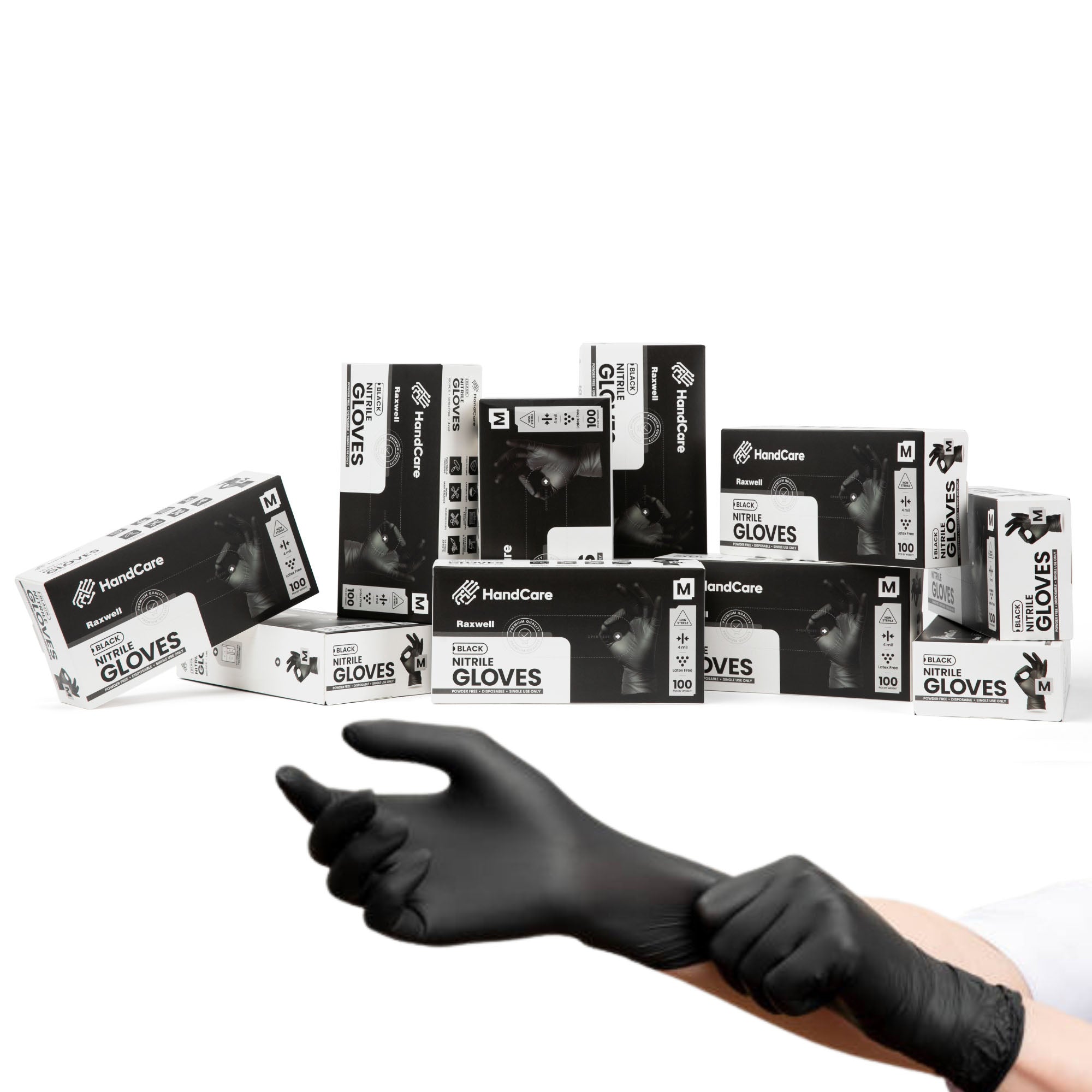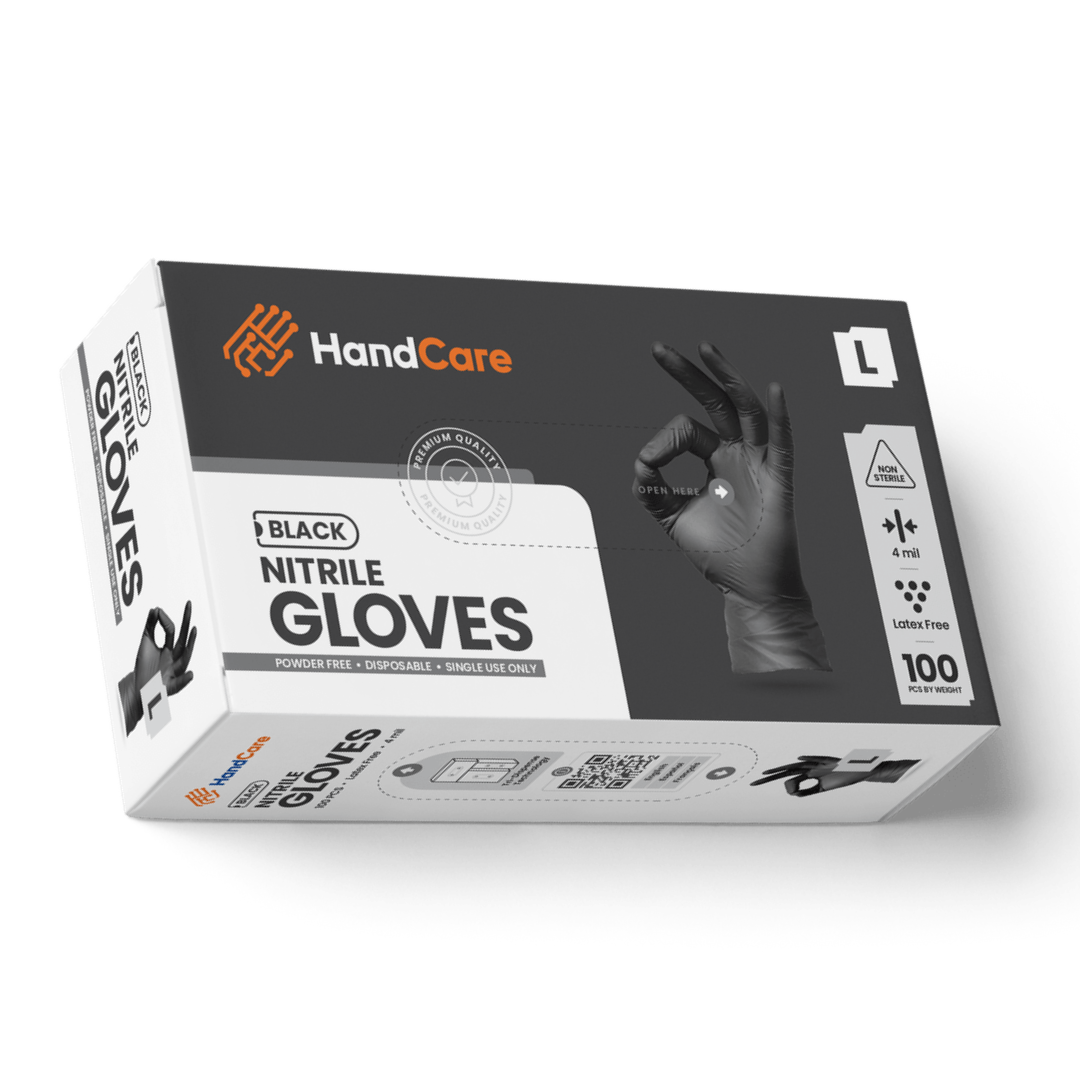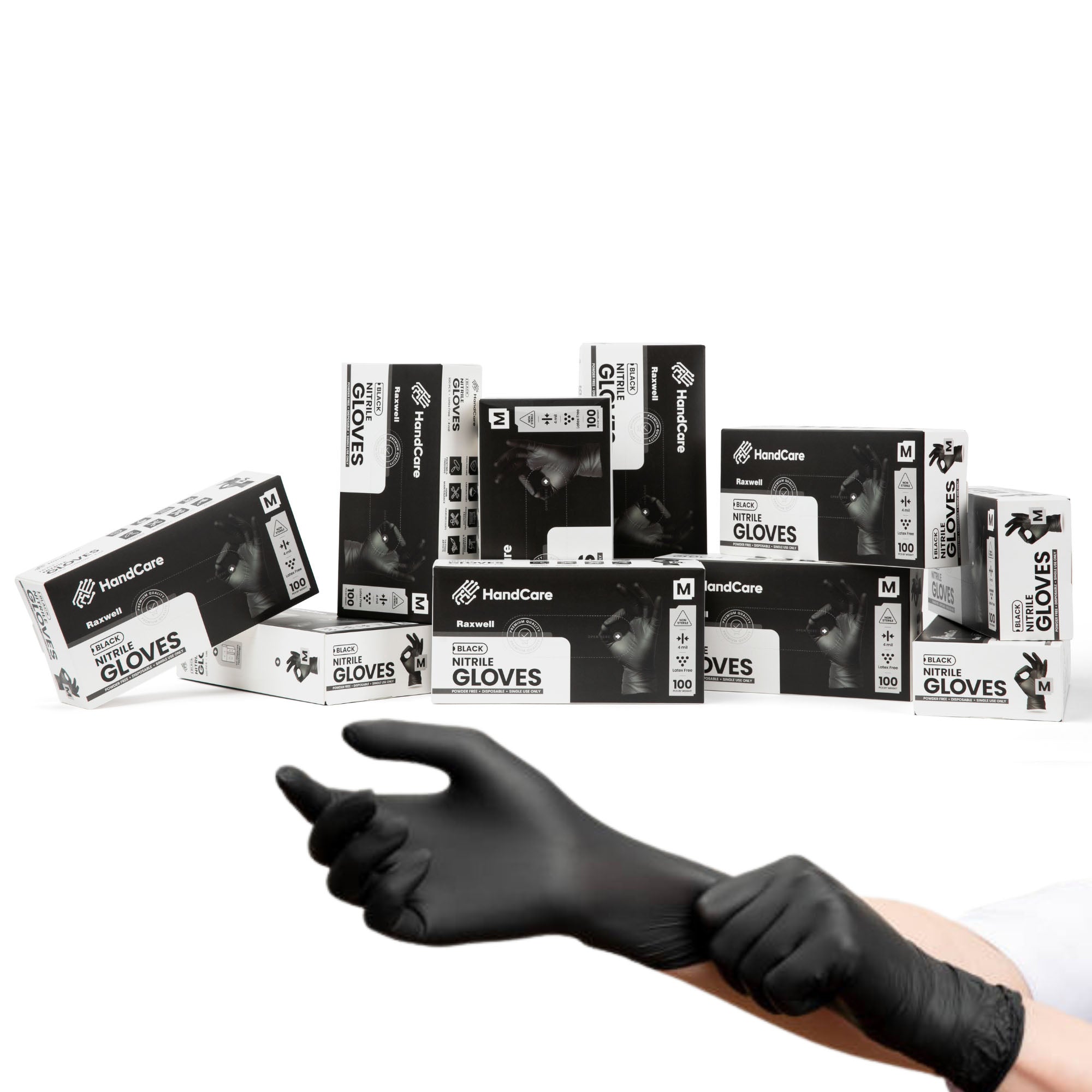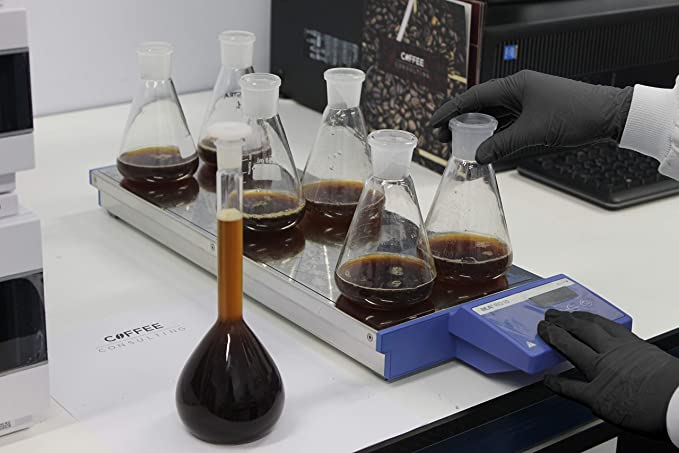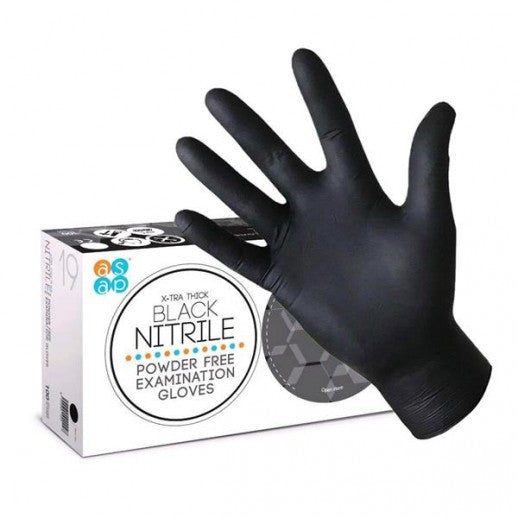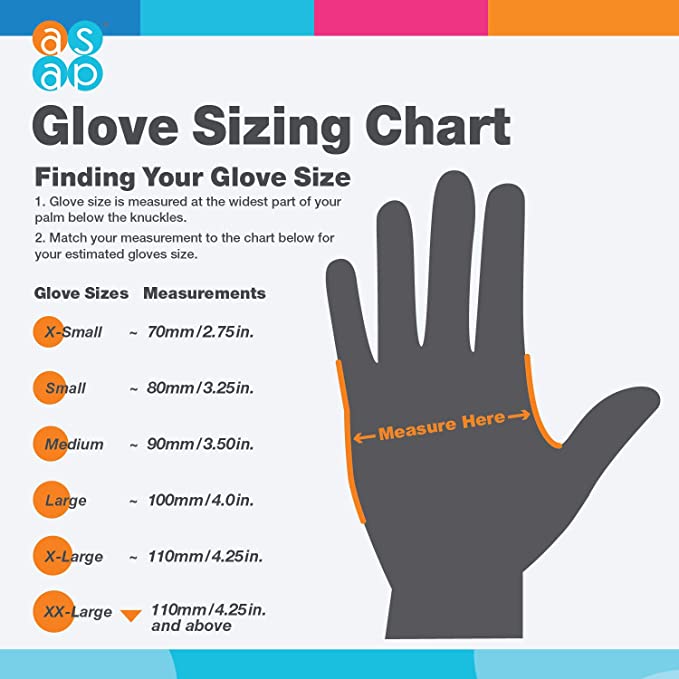Nitrile Gloves For Acetone
Nitrile Gloves For Acetone Best Options
After trying many different type of gloves from amazon, finally found ones with good fit and quality. Would recommend!
Good size, not too tight, not too loose. Strong material, don’t rip like others I’ve used. Recommend
These gloves are thicker and well made. They fit snug, which I like. Met my expectations and would recommend.
How to protect your hands from acetone?
To protect your hands from acetone, use gloves specifically designed to resist chemical exposure. It’s essential to choose gloves made from materials that can withstand the corrosive effects of acetone.
These gloves create a barrier that prevents the chemical from coming into direct contact with your skin, reducing the risk of irritation or chemical burns. Proper glove selection, combined with avoiding prolonged exposure and washing your hands thoroughly after use, is key to maintaining safety.
What to wear when working with acetone?
When working with acetone, wear chemical-resistant gloves, such as nitrile or neoprene gloves, to shield your hands. Additionally, long-sleeved clothing, safety goggles, and a respirator mask may be necessary if you’re dealing with high concentrations of acetone or working in poorly ventilated areas.
Ensuring your skin and eyes are protected minimizes health risks associated with acetone exposure.
What are acetone-resistant gloves?
Acetone-resistant gloves are protective gloves made from materials that can withstand prolonged exposure to acetone without degrading. Common materials include nitrile, neoprene, or specific rubber compounds. These gloves maintain their integrity and prevent acetone from permeating the glove material, keeping your skin safe from the chemical’s harmful effects.
What gloves are best for acetone?
The best gloves for handling acetone are those made from nitrile gloves or neoprene, as these materials offer excellent chemical resistance. Nitrile gloves are particularly popular due to their durability, flexibility, and resistance to punctures. Always ensure that the gloves are thick enough to provide adequate protection and have been tested for compatibility with acetone.
Are nitrile gloves acetone-resistant?
Yes, nitrile gloves are resistant to acetone, making them a reliable choice for tasks involving this chemical. Nitrile provides an effective barrier against acetone’s corrosive properties, ensuring safety and preventing skin exposure. However, it’s important to note that prolonged or repeated exposure may affect the glove’s durability, so they should be replaced as necessary.
How do nitrile gloves react to acetone?
Nitrile gloves resist acetone effectively, but exposure over extended periods can weaken the material. While nitrile gloves maintain their protective qualities for short-term use, the chemical may gradually degrade their structure, leading to potential wear or tears. It’s recommended to replace gloves if any signs of degradation are observed.
Do nitrile gloves protect against solvents?
Nitrile gloves provide excellent protection against a wide range of solvents, including acetone, alcohols, and other chemicals. They are particularly valued for their resistance to punctures and abrasion, making them suitable for various industrial and laboratory applications where chemical exposure is a concern.
What are acetone-resistant gloves?
Acetone-resistant gloves are specifically designed to withstand exposure to acetone without breaking down or losing their protective properties. They are typically made from nitrile, neoprene, or other specialized materials that prevent chemical permeation, ensuring safety and durability during use.
Where to buy nitrile gloves for acetone?
You can purchase high-quality nitrile gloves for acetone from gloves.com. This trusted supplier offers a wide selection of chemical-resistant gloves that are suitable for handling acetone safely. Their products are designed to provide the durability and protection you need for professional or personal use.
Keep up-to-date with our guides and find the best glove options for your industry
Guides to help you choose

Best Gloves For Pesticides

Is There A Natural Latex





